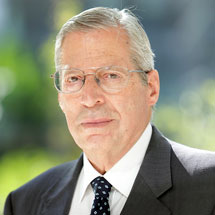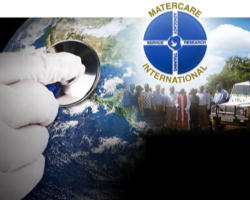An Encyclical or an ecologic manifesto?
The National Geographic Society called Benedict XVI the first Green Pope, alluding to the fact that in his encyclical Caritas in Veritate (2009) the Holy Father had taken a clear stance concerning ecological questions. The matter had already been (briefly) referred to by Paul VI (Octogesima Adveniens) as early as in 1972 and then taken again by St. John Paul (Redemptoris Hominis, Centesimus Annus).
If so, why so much ado about the recent encyclical Laudato Si, the first entirely due to Pope Francis?
First, because it was quite unexpected to receive a full-blown encyclical (with 6 chapters) dealing, at least apparently, only with the subject of ecology: the Pope is the much respected main figure of the Catholic Church, but few would consider him as an expert in the problem of the environment.
Second, the approach chosen by Pope Francis is also surprising: his analytical survey of present day ecological problems and challenges is scientifically founded and of impeccable logic. Thus, there is no frailty in the reasoning and no easy way to criticize the respective content.
However, there are many more layers to be discovered in this rich trove. For instance, the title (taken from the hymn by St. Francis in 1224 and transcribed in the original, mediaeval Italian) introduces both the fact that the discourse of the Church was always consistent with the love of nature and the adoration of the Creator of all its beauty and, on the other hand, that the Franciscan spirit is alive in the papal thought.
Then, there is of course the novelty of the correlation between ecological concerns and risks for human life, dignity and health. Although the ecological crisis has human roots, its consequences deeply affect human and social values and even survival: there is only one crisis, that of society and environment. And it is the poor people, those deprived of rights and riches who are the most affected by environmental degradation. For example (and for us, doctors, this is a very strong argument), the right to have access to safe and sufficient water is a fundamental and universal human right and it is an irrefutable duty of the affluent in water to provide the life-sustaining fluid to those who have no access to it.
There is also the strong appeal to action – we must quit the autodestructive spiral in which we may founder. To look after the cosmic harmony involves an integral approach which includes the fight against poverty, refusing the techno-economical paradigm which will end by destroying politics but also freedom and justice.
Thus, the papal document goes much farther than the usual ecologic discourse. Most importantly, it implicitly rejects the pointedly anti-anthropocentric talk of so many theoreticians of ecology: the human being remains of central importance in the created world; it is his responsibility to care and serve this wonderful reality. Nobody should defend animal life and destroy embryos, disregard weak or old people, because nobody is useless or may be discarded.
The impact of the encyclical has already been marked: many officers of institutions (including the UN) have applauded it and the moral authority of the Pope is widely recognized; however, attacks from politicians and great commercial interests are increasing. And there are the also those who do not believe in man-caused climate changes (not to mention those who do not believe that man visited the moon…). We should invite all to read and comment this only apparently not theological encyclical, in order to learn and act.
Dr Walter Osswald
Past-President FIAMC (1994-1998)
…………………….










